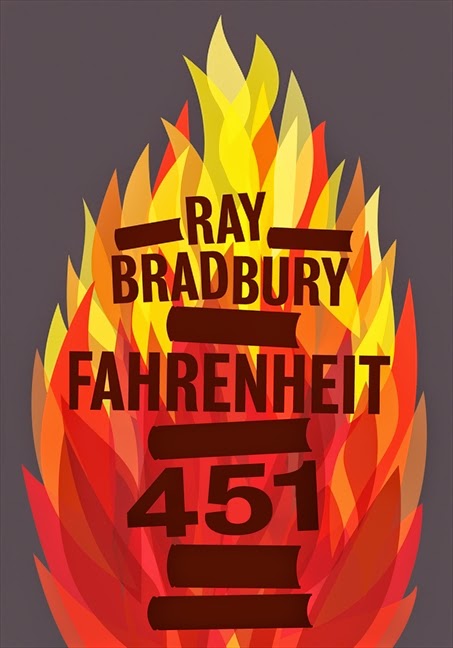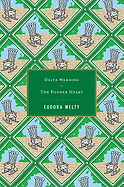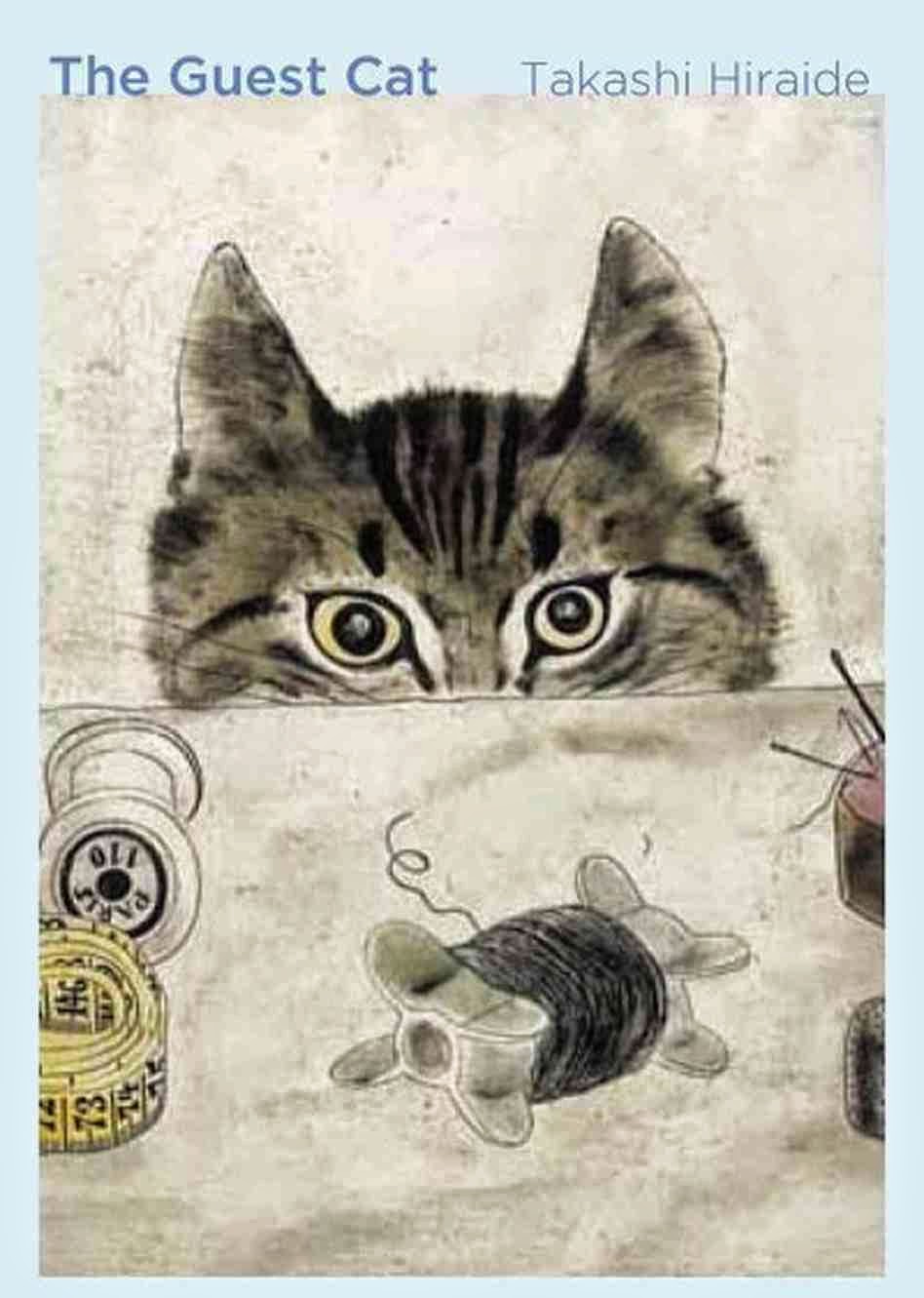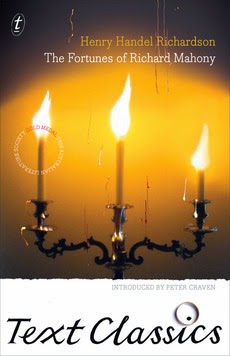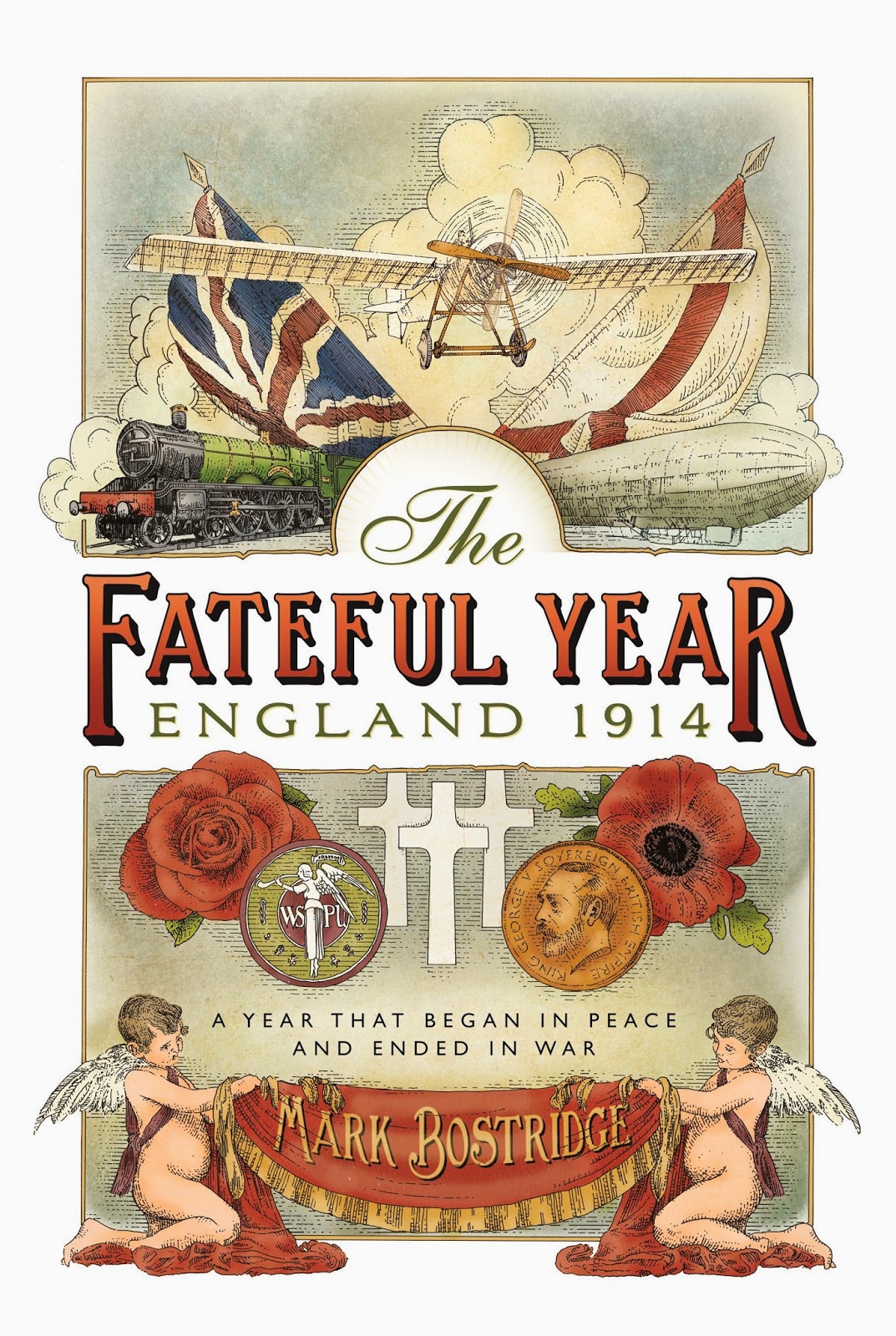 Staff Review by Chris Saliba
Staff Review by Chris SalibaScrupulously fair, brilliantly researched, based on over a hundred interviews with key players, Philip Chubb's Power Failure is a cracking read. It highlights the many failures and few successes of Australian politics. Essential reading for anyone wanting know what went wrong with climate politics in Australia.
If you're looking for a highly readable book that examines in careful detail Australia's torturous political process of putting a price on carbon, then look no further. This is the business. The author, Philip Chubb, is currently the Head of Journalism at Monash University. He's worked at The Age and the ABC's 7.30 Report, and was also the creator of the documentary series, Labor in Power.
One of the most impressive things about Power Failure is its detail, research and balanced approach. Chubb conducted over a hundred interviews with key players. Most interestingly, he interviewed Kevin Rudd once, and Julia Gillard twice. Rudd was interviewed on the condition that everything he said was taken on 'background', that is, he wouldn't be quoted. Chubb says in the introduction that he has tried to infuse Rudd's views into the text.
The book sets itself the task of finding out why climate politics under Rudd, then Gillard, was such a nightmare. The story starts with the Rudd government. Rudd centralised power in his office, didn't communicate, was poor at decision making, buried himself under so much detail that paralysis was an inevitable result and basically had a temperament not suited to working in a collegiate environment. Rudd kept much of his climate policy hidden from view, meaning that even many frontbenchers were in the dark when it came to the detail of the Carbon Pollution Reduction Scheme (CPRS). Julia Gillard, one of the Rudd government's most capable ministers, had some catching up to do herself once she formed government.
Rudd made many big mistakes. When Malcolm Turnbull became Liberal leader, Rudd failed to get a bi-partisan agreement on climate policy and concentrated on simply trying to bring Turnbull's leadership down. He gravely underestimated Tony Abbott as opposition leader. When Rudd couldn't get his CPRS through both houses of Parliament, he refused to talk to the Greens to try and find a compromise. Then, when it all looked too hard, he simply walked away.
In Chubb's analysis, Julia Gillard comes through as the better leader. She was inclusive, a good communicator with colleagues, could build consensus, would compromise and treated people with respect. She never got flustered and worked extremely well under pressure. But most of all, she was courageous and would stand and fight, whereas Rudd retreated. It should also be noted that Chubb refutes the rumours that Gillard counselled Rudd to drop the CPRS when he couldn't get it through both houses of parliament. This is supported by extensive interviews he did with key players. Gillard maintains she was willing to go to a double dissolution election and fight for the CPRS.
Gillard had many flaws and made some fatal mistakes, according to Chubb. She failed to communicate effectively to the electorate what the benefits of carbon pricing would be, how it would work, and what the financial impacts would be on the ordinary voter. She put too much faith in the idea that the 'lived experience' of the tax would show people that the opposition's scare campaign had been just that: all sound and fury, signifying nothing. She also made a grave error in conceding that carbon pricing was a tax. Putting a price on carbon had been on the table since the Howard government's Shergold Report. Tony Abbott had supported it when in the Howard government. Anyone thinking about the subject knew pricing carbon, trading carbon permits or whatever system you put in place would involve imposts on business. Gillard should have said it was, in essence, the same deal as an emissions trading system.
The Greens come in for a good deal of criticism too. They voted down the CPRS, but what they got in its stead you could argue was not that much better than what they got under Gillard. A lot of political pain had been gone through because the Greens wanted to hold out for a better deal. They seriously misjudged. (Then again, they had tried repeatedly to organise talks with Kevin Rudd.)
Power Failure is a cracking read, brilliantly researched, comprehensive and fair. You will pull your hair out in frustration that so much went wrong, that so many leaders went down because of carbon pricing. It's a brilliant example of how difficult big policy is to get passed successfully into law.
Power Failure: The inside story of climate politics under Rudd and Gillard. Published by Black Inc. ISBN: 9781863956604 RRP: $29.99
To sign up for our monthly newsletter, featuring new releases, book reviews and favourite articles from around the web, click here.



